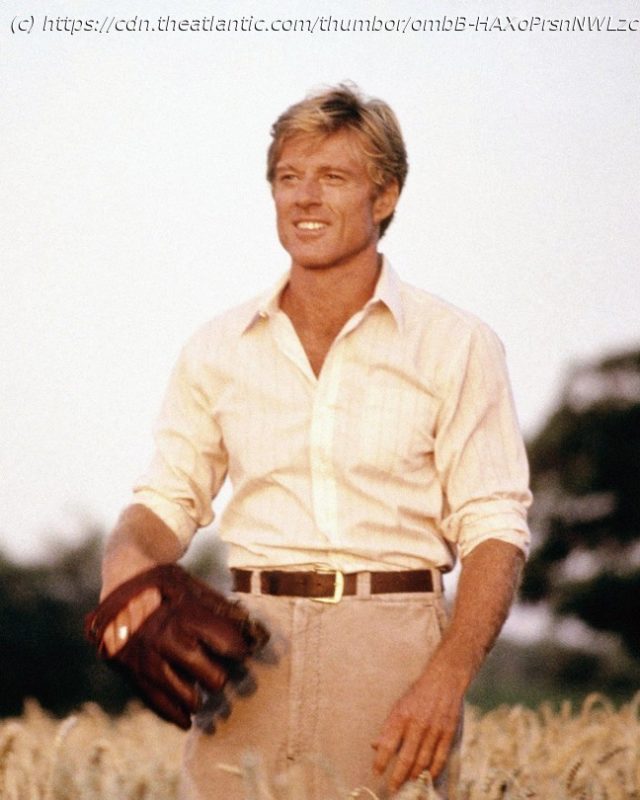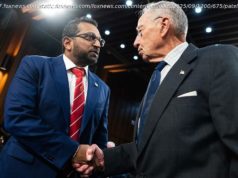The late actor’s talent could seem invisible until the right conditions made it heroically apparent.
For a long stretch of its opening act, All the President’s Men—the canonical paranoid thriller from 1976—isn’t just about the brewing Watergate scandal, or about the battle between a cagey political machine and an enterprising newspaper. It’s also about Robert Redford, who died today at the age of 89, at work.
A group of burglars is arrested while attempting a break-in at the Democratic National Committee headquarters, and a reporter, Bob Woodward (Redford), gets a call from his editor, who tells him to start asking questions. He begins pestering attorneys, listening in at court hearings, and making phone calls—potential leads; strangers who may know something; names jotted down, circled, and scribbled out haphazardly on his yellow legal pad. He, in contrast to his jittery eventual partner, Carl Bernstein (Dustin Hoffman), is unassuming and discreet. Both are intuitive, masterful reporters, but it’s Woodward who embodies the story that Redford, who bought the rights to Woodward and Bernstein’s book shortly after its publication, wanted to tell from the beginning: about a stalwart citizen’s gradual, painful loss of faith in his country’s institutions.
“He’s a humper!” his editor says when the story goes national and is almost taken out of Woodward’s hands—meaning that he’s a hungry, untested reporter with the inner drive of a private eye, yet every bit the diligent WASP and businesslike Republican that his buttoned-up demeanor and windswept hair imply. All the President’s Men is a journalism movie, not a gritty crime noir, but Redford’s Woodward is as consummately professional as one of the existentialist safe-crackers in a cool, collected Jean-Pierre Melville thriller. Which is to say that All the President’s Men is a movie about process, and Redford, in one of his most enduring and finely tuned screen roles, holds its center—with Hoffman giving human form to that slow, ticking momentum.
One of the toughest and most crucial jobs for an actor is to convince us that they are thinking—that if we peel back the surface of the actorly persona, we’ll find an actual person, a self arising out of some genuine inner core that colors in the lines and mannerisms of a character and makes them real. Despite his immense fame, Redford, one of the defining American actors of both his and subsequent generations, feels almost undercelebrated in this regard. He had a habit of making the job look too easy, and his nuances were often most apparent in contrast to multiple eras of co-stars—A-list actors like Hoffman, Natalie Wood, Paul Newman, Jane Fonda, and Barbra Streisand, then Meryl Streep, Michelle Pfeiffer, and even a fledgling Andrew Garfield—or the setting, like the expansive wilderness of the 1972 western Jeremiah Johnson.






